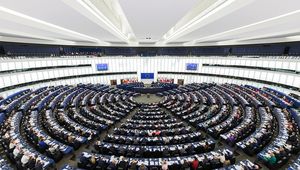Valentina Moscon, Senior Research Fellow at the Max Planck Institute for Innovation and Competition in Munich, and Director Reto M. Hilty lead the project group for the modernization of copyright law. The legal experts have already analyzed the effects of the planned reform at an early stage of the legislative process in a statement and compared them with the current draft resolution. Their conclusion: the directive misses its central objective over long stretches.
Link to the interview (in German)
The proposed Directive 2016/0280 COD aims to adapt copyright law to the digital age and the digital internal market in order to keep pace with technological progress, changing user behaviour and new business models.
Two articles of the planned directive have been particularly criticized: Article 11, which in its current version has become Article 15, provides a neighboring right for press publishers throughout Europe. News services will pay press publishers for short text excerpts from press articles - so-called snippets - on their pages. Article 13 - now Article 17 - is also controversial: it provides liability of commercial platforms such as Youtube and others for unauthorized uploading of copyrighted works by its users.
More Information:
”Europe Might Miss Chance For Real Copyright Law Modernization”: Interview with Prof. Reto M. Hilty
”Eine neue Kultur”: Interview with Prof. Reto M. Hilty (in German)
Position Statement

